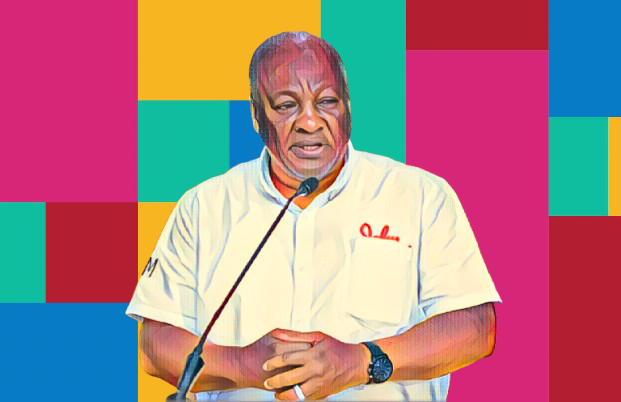Key Points
- Ghana’s 1992 Constitution bars dual citizens from serving in Parliament, a rule critics say is outdated and exclusionary.
- Diaspora groups argue the ban denies Ghana valuable global expertise while sidelining citizens who contribute heavily through remittances.
- The NDC promised reforms in its 2024 manifesto, but campaigners insist the government must follow through by scrapping Article 94(2)(a).
The debate over who gets to take part in Ghana’s politics is heating up again. This time, it’s Ghanaians living abroad who want change.
Diaspora groups are calling on the National Democratic Congress (NDC) and President John Mahama to deliver on their campaign pledge to repeal the country’s dual citizenship ban. The law, written into Article 94(2)(a) of the 1992 Constitution, prevents Ghanaians with dual nationality from serving as Members of Parliament.
Why the law matters
For many in the diaspora, the restriction feels unfair. They argue that it shuts out skilled professionals who, despite living abroad, send billions in remittances back home and remain deeply tied to Ghana. Critics say the ban robs Parliament of people with global experience who could help craft better policies.
A campaign promise under the spotlight
The NDC promised in its 2024 manifesto to remove what it called “discriminatory clauses” from the Constitution, including the one on dual citizens. But some are questioning how far that pledge will go if Article 94(2)(a) stays untouched.
Mahama urged to act
Pressure is now mounting on President Mahama to move from words to action. Advocacy groups say repealing the ban would open Ghana’s politics to more voices, strengthen trust with the diaspora, and make the political system more inclusive.
For many Ghanaians abroad, the issue is personal. They see themselves as part of the country’s future, not just its financial backbone. The question is whether Ghana’s leaders will see it the same way.




